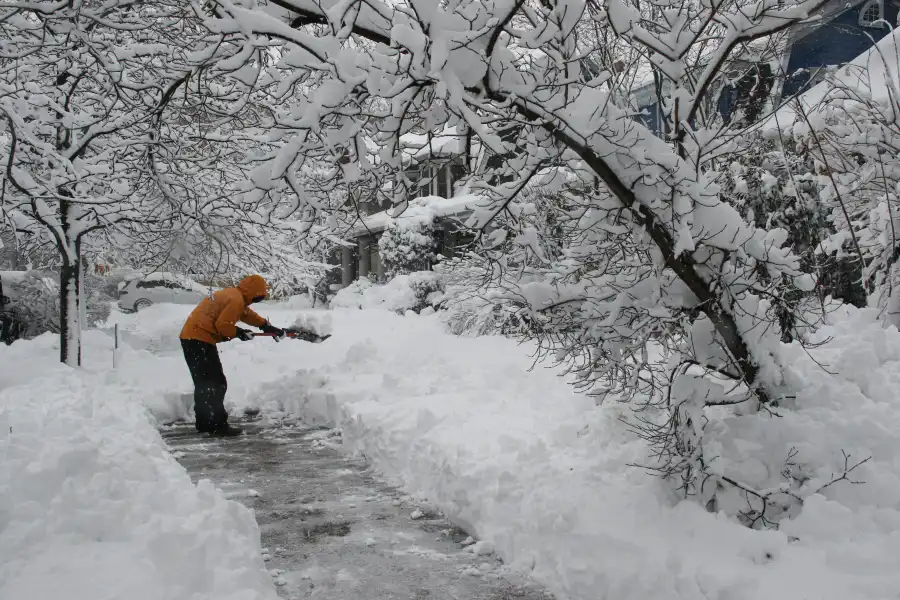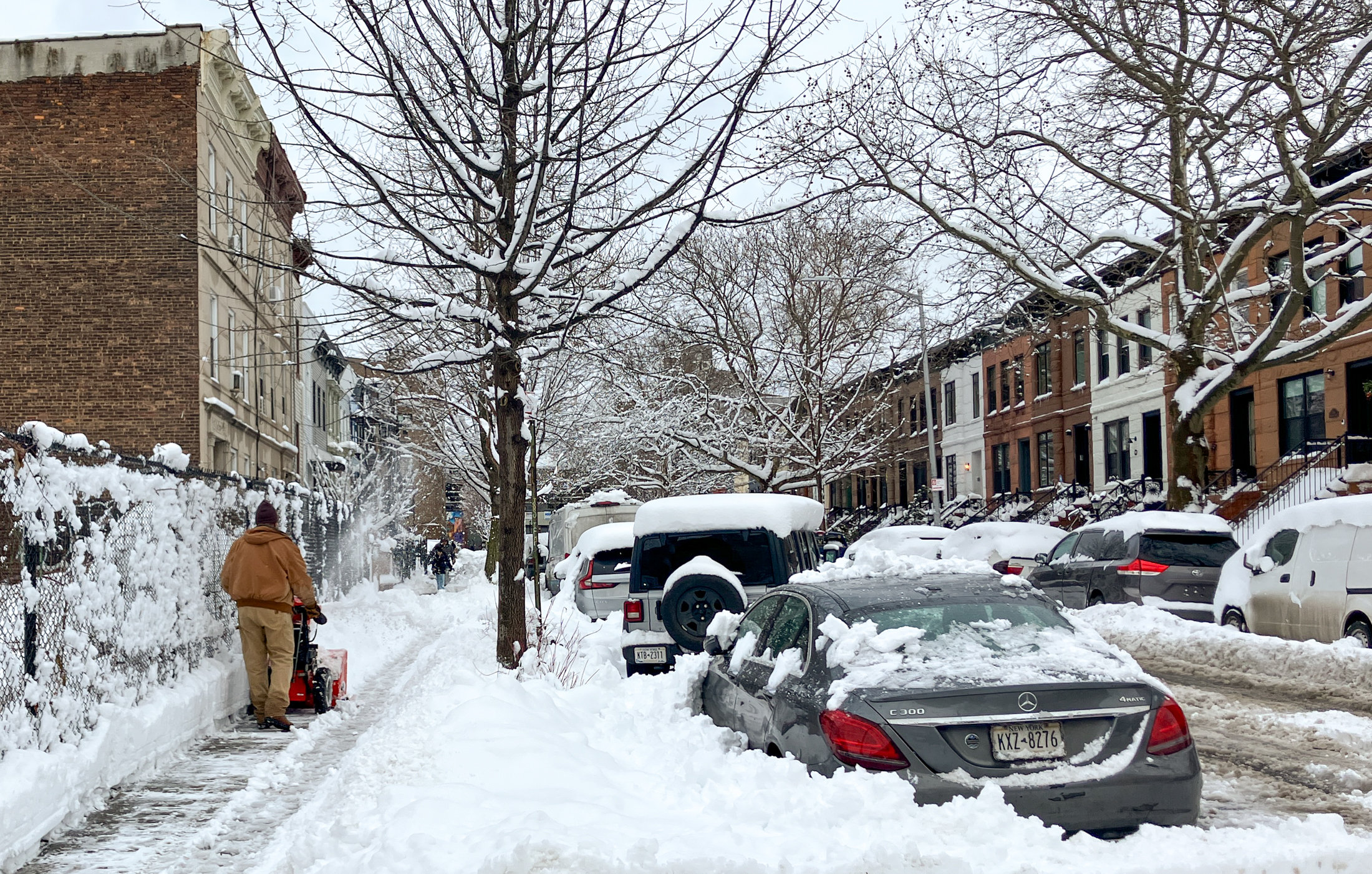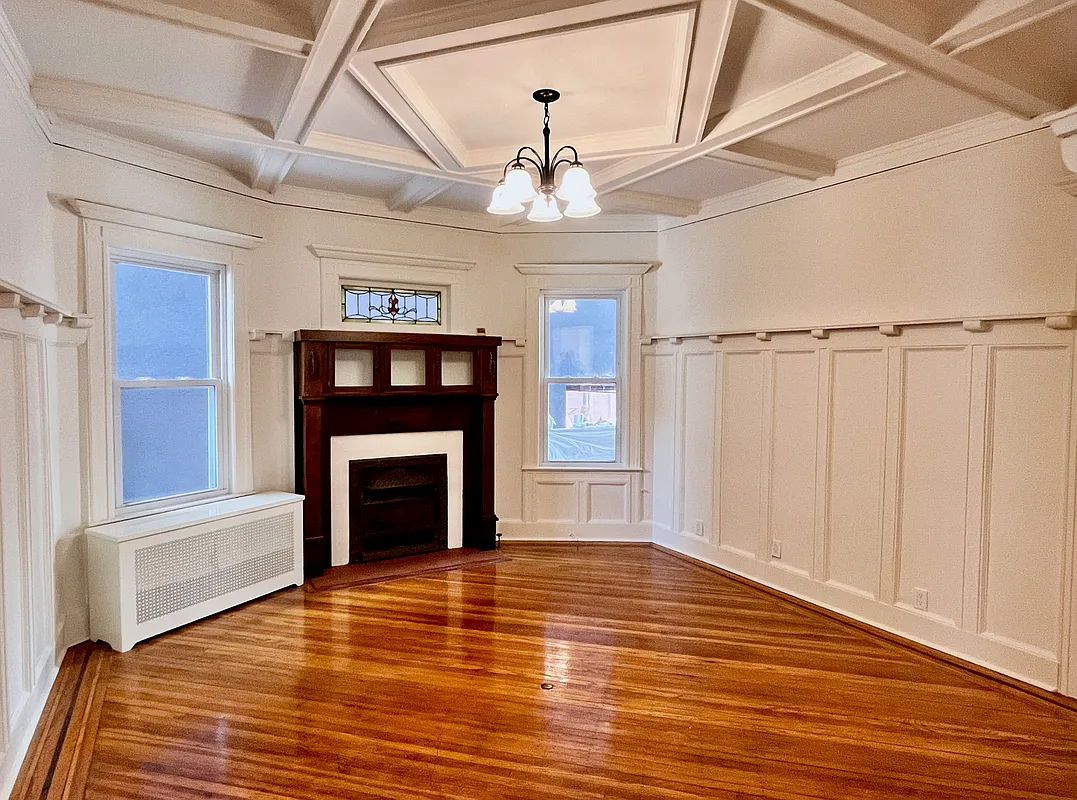Latest S&P Numbers: Surprise! They Ain't Good
The Journal reports that the most recent S&P/Case-Shiller indexes, which covered home-price trends in 20 major metropolitan areas through April, show home prices dropping 15.3 percent in the past year—a record decline. The continued devaluation of residential real estate across the country set home prices back to where they were a whole three years ago,…


The Journal reports that the most recent S&P/Case-Shiller indexes, which covered home-price trends in 20 major metropolitan areas through April, show home prices dropping 15.3 percent in the past year—a record decline. The continued devaluation of residential real estate across the country set home prices back to where they were a whole three years ago, even though eight of metropolitan areas included in the index showed a bit of improvement over March of this year. There was no region studied, however, that did not post a year-over-year decline in prices. Vegas and Miami saw the biggest price drops between April ’07 and April ’08, while Charlotte and Dallas fared the best. The New York region was somewhere in the middle, with a year-over-year decline of 8.4 percent and a 1.3 percent dip between March ’08 and April ’08. “There might be some regional pockets of improvement,” said David M. Blitzer, chairman of Standard & Poor’s index committee, though “on an annual basis the overall numbers continue to decline.”
Home-Price Gains Are Erased, Now Stand at 2004-2005 Levels [WSJ]
Graphic from the Wall Street Journal.





The futures market is a zero sum game so when someone is settling their position for cash prior to delivery there is a buyer on the other side. The buyer may be another speculator or a hedger (someone whose business relies on the underlying commodity and they are trying to apply certainty to their futures costs. The trades made throughout the day establish the price and the exchange posts the last price based on the day’s activity. So if the momentum is that buying is more than selling (due to pure speculation or business driven notion that the commodity will go up in price), the price will naturally rise. This is the REAL price.
“Composting toilet”
I dont get it. are you saying remove the water and store the turd?
“When the kids graduate, if they want to live/work in the City, we have an apartment to rent/give them.”
That’s why we feel leaving Brooklyn would be a bad choice in the long run (besides the high property taxes for eternity thing). Kids have to do unpaid internships while in college and often don’t get paid anything their first year out of college either — what are they also going to pay NYC rent then? Don’t think so. Having to live in your old bedroom isn’t as uncool or depressing when your parents have a house in NYC.
Seeing as this thread has turned to issues “green”, I felt I had to chime in:
Let’s get away from using the term “Global Warming”. It sounds too benign. Yes, the planet is warming but a better way to frame it is “Adverse Climate Instability”. Yes, the “warming” IS leading to some fearsome climate changes: methane release and a mess in the Arctic, change in North Atlantic salinity which may leave the region in a mini-Ice Age, retreat of glaciers up their valleys, less snow pack leading to prolonged droughts downriver come summer, rising ocean levels, more powerful storm systems…
The rise in temperature is one thing, but for humans the adverse weather will probably cause the most problems over the next decades. This year already has been a looloo. And the last years of increased hurricane damage, tornado frequency/damage, massive floods, droughts, brush and forest fires…well, we’re in the beginnings of a bad period and will most likely not get any better: wind and flooding damage in suburbs, cities, and the countryside…crop damage or failure…massive and expensive damage into the billions…population displacement and trauma.
Living in Brooklyn, we *do* have a large impact on the environment but per capita, we do use less fuel for transportation compared to the average US resident. And…even though lots of suburbanites could grow a lot of food, they’re buying the same kind of trucked in food that we in Brooklyn buy.
Some of my thoughts on how we could reduce our footprint…though the march of Climate Change is upon us:
A) Reduce your energy and resource usage all around:
a. Switch out to energy-efficient appliances (fridge esp.’ly) and all types of HVAC equipment (from the home furnace to the large-scale air-conditioning systems on big buildings).
b. Turn down the thermostat during the heating season if you can; turn off fans in empty rooms in summer since they do not cool the room running on their own…the motors add heat to the room while there is no cooling effect if nobody is there to feel it.
c. Turn out unnecessary lights when you’re not using rooms (motion detectors can benefit white collar businesses and institutions). Plug into powerstrips such things as computers and monitors, TVs and other “ghost load†culprits (most electronic devices…things with transformers and LED standby lights)
d. If it’s brown, flush it down. If it’s yellow, let it mellow.
e. Reduce water usage through reduced flow, a change in habits and effort at awareness to document if your efforts work. Common advice: don’t run the water the whole time you brush your teeth, take short showers, wash dishes in a basin, stack them soapy and then rinse them together in a basin of fresh water. [If you had to cart all your water, you would learn FAST to be VERY efficient in your usage, but we’re not at that stage right yet…]
f. Try other ways of cooking: Kuhn-Rikon makes insulated cookware (bring the food up to cooking temperature, then turn off the heat source…food continues to cook for a long time) and pressure cookers. Common advice: heating a conventional or convection oven and putting in a large amount of food to cook will be more efficient than cooking a small amount of food in the same oven or a large amount in a microwave oven.
g. Switch to one of the electric suppliers that produce electricity from wind. It will channel money to additional wind turbine installations.
B)INSULATE (insulation, weather-stripping, caulking, address window issues possibly installing storm windows which can be put in without any landmarking issues…greenroofs are very insulative but not too common yet) and think about ways to make use of your home’s passive solar gain through windows on heating days…cover windows to cut out sun and reflected heat in summer or to keep out cold in winter.
C)Alternate energy and greening, some of which is within reach now or with a change in mindset:
a. Install solar PV (grid tie-in) and hot water panels on your roof
b. Install a green roof (insulate and water management, reduces heat island effect and may extend the life of your roofing membrane.
c. Grow as much food as possible: roof, backyard, balcony, window sill, community garden, grow grapes up a sunny wall…and yes, you can even have chickens and other fowl in NYC legally….if you can hack it…
d. Compost: backyard or community garden. Some farmers’ markets now have dropoff points for your local community gardens. A success has been the composting effort at the Fort Greene green market on Saturdays.
e. Buy or exchange with others “gently†used items: clothes, furniture, house and kitchen wares.
f. Being done but not too common: rooftop beehives. It’ll cost you about $300 for a hive set up and bee suit…kind of steep for most people; and about $700 for an extractor—you can do without by hand but an extractor is efficient and keeps the cells of the comb intact so bees can fill them without having to rebuild the wax cells from scratch. Buy an extractor together with neighbors or others who want to do the bee thing on their roofs or in backyards too.)
g. And even rarer right at this time but possible:
i. Build and use a masonry stove which can also provide hot water for washing and heating
ii. Composting toilet: example is the Clivus Multrum
iii. Ground-source heat pump for heating (and if really necessary, cooling) which may be efficient if done right
iv. Bring the cohousing idea into your neighborhood. Can you coordinate the backyard space of a number of houses in a row? There are resources to help you do this. It’s kind of like coop-izing the yards. There can be one consolidated play area for the kids for many houses while more space can be set aside to raising fruit and vegetables during the growing season.
Best,
FGG
the 10 dollar bottle green diswashing liquid we buy. Sucks! the dishes are not squeeky clean like Palmolive and it’s not good on my nails.
I miss the good ol days.
“Mage they’re soaking in it!”
Holy mother effer! Those are rents these days???!!
No way, no how!
No WONDER so many people have been buying over the years!
Rents for Manhattan apartments remained generally flat in June compared to last year, according to a monthly survey by the brokerage Real Estate Group of New York.
Prices for one-bedrooms in non-doorman buildings dropped the most, by 4 percent to $2,859, while studios in non-doorman buildings rose by 2.1 percent to $2,190. Two-bedroom prices fell by 1.8 percent to $4,069.
In doorman buildings, studios showed a .2 percent drop to $2,642; one-bedroom increased 1 percent to $3,786; and two-bedrooms fell by 1.1 percent to $5,700.
Sounds like the only thing some of you are conserving, is sex.
what a bunch of pansies. this green competition is exactly where they want you. consuming the next luxury good at even fatter margins. the whole global warming issue is just bad science. not saying the earth isn’t getting warmer, just that the human contribution to it is debatable. plus, who cares if the planet gets warmer? there are actually studies suggesting that the benefits (like more sustainable food) more than compensate for the negatives (like no polar bears). i guess these people are the six figure “creatives” that are supposedly buying up park slope these days. long on theory, but short on actual knowledge or critical skills. you should have taken the B.S. track science courses in college, it would really benefit you today. btw, if you make arguments for conservation instead of carbon footprint, you will sound a lot smarter.